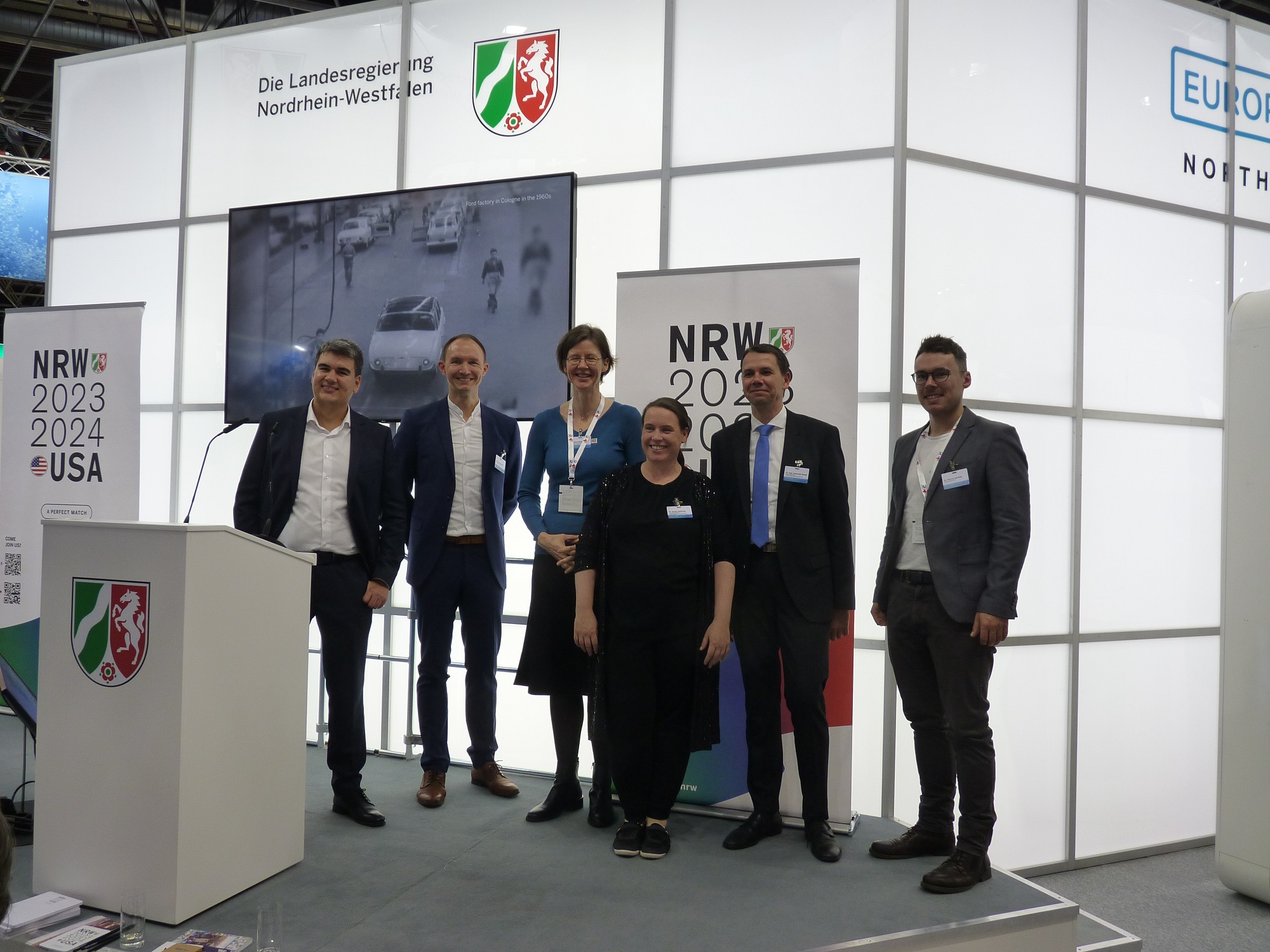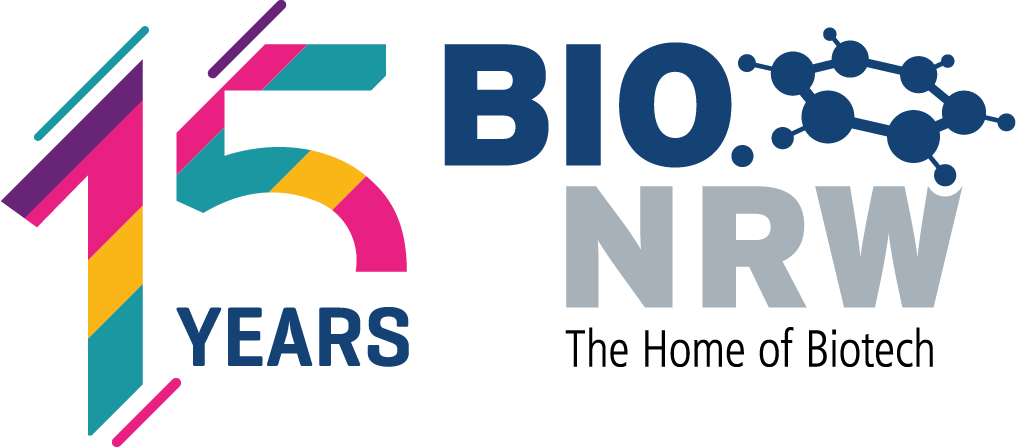
Report on the BIO.NRW MEDICA Forum 2023
Aspects of data-driven, integrative approaches for individually optimized medicine
At this year’s BIO.NRW MEDICA Forum, the speakers gave presentations on a wide range of aspects related to data-driven, individually optimized medicine. Some keywords related to the topics addressed at the event include artificial intelligence, data sources and data sciences, digital ecosystems, diagnostics, medical and health informatics, multifactorial diseases, stratification, and much more. All presentations, however, focused on the wellbeing of patients through research and development.
Recent years have seen a significant knowledge gain in medicine. The technologies and processes associated with the keywords mentioned above – e.g. artificial intelligence, data sciences, data integration, and stratification – have made a major contribution to this. Using artificial intelligence in medicine has made it possible to compare a wide variety of individual patient parameters with the characteristics of multifactorial diseases such as sepsis or glioblastoma. These comprehensive analyses of a relevant number of patients provide an opportunity to offer a patient group-specific or patient-specific treatment through patient stratification.
Data-driven optimized medicine requires the availability of medical data. Thanks to the enormous growth in the field of diagnostic methods, medicine is constantly gaining new parameters to ensure the best care for each and every patient. It is important that the diagnostic possibilities are also applied and made use of in the best possible way. One well-known example is the very easy method of conducting blood glucose tests in addition to regular blood pressure measurements at home. Very close monitoring of glucose levels prevents metabolic decompensations and associated consequential damage. Point-of-care diagnostics for the detection of various pathogens at the laboratory medicine level can help decrease infection rates through the early use of anti-infectives if patients and physicians collaborate accordingly.
The fourth contribution at the BIO.NRW MEDICA Forum focused on the topic of digitally supported healthcare. Why digital support in this field is becoming more and more important can be illustrated by the ratio of the number of inhabitants in Germany to the number of individuals working in the healthcare sector. This imbalance means, for example, that it is becoming increasingly difficult to get a necessary appointment for treatment at a local healthcare facility in a timely manner. In addition, healthcare professionals are no longer able to perform the administrative tasks involved. This situation leads to dissatisfaction on both sides. Although digital tools such as online tools for booking appointments, video consultations, and digital patient files could provide relief, they are rarely used and acceptance is low. These tools face rejection from both patients and healthcare professionals. In order to ensure optimal medical care in the long term, more digital support measures must be implemented.
